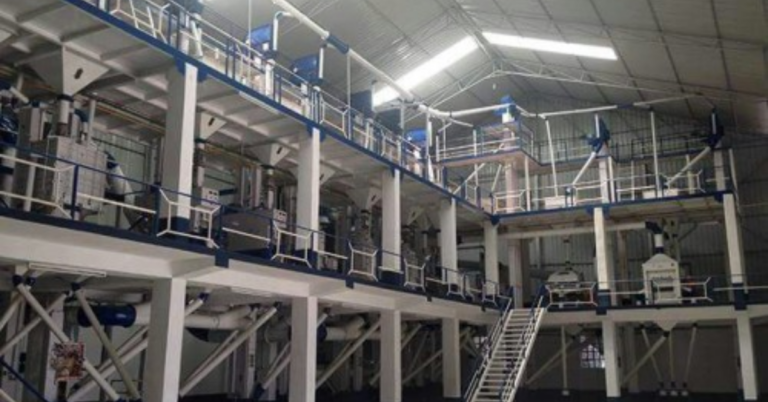Space Debris Management: Ensuring Sustainability in Orbit
world 7 login, mahadev book id login, silver777 login:Space debris management is a crucial aspect of ensuring sustainability in orbit. With the increasing number of satellites, rockets, and other artificial objects being launched into space, the risk of collisions and the generation of more debris is higher than ever before.
As more nations and companies venture into space exploration and commercial activities, the issue of space debris management becomes more pressing. Without proper management strategies in place, the risk of collisions between satellites and other objects in orbit increases, posing a threat to current and future space missions.
While space debris may seem like a distant issue, it has real implications for us here on Earth. The debris poses a risk to operational satellites, including those used for communication, weather forecasting, and navigation. A collision with a small piece of debris can cause significant damage to a satellite, leading to disruptions in services we rely on every day.
To address this challenge, space agencies, companies, and researchers are exploring various methods to manage space debris and ensure sustainability in orbit. From active debris removal to space traffic management and collision avoidance technologies, there are several approaches being developed to mitigate the risks posed by space debris.
One of the key challenges in space debris management is tracking and monitoring the thousands of objects currently orbiting the Earth. With objects ranging in size from a few millimeters to several meters, keeping track of their movements and potential collision risks is a complex task. Space agencies and organizations around the world are investing in systems to improve tracking capabilities and enable more effective collision avoidance maneuvers.
Another aspect of space debris management is taking proactive measures to reduce the generation of new debris. For example, designing satellites and rockets with end-of-life disposal mechanisms can help prevent them from becoming additional sources of debris in orbit. Additionally, implementing guidelines for responsible space operations can help minimize the risk of collisions and enhance overall sustainability in space.
As the space industry continues to grow, collaboration and coordination among stakeholders will be essential to address the challenges of space debris management. By sharing data and best practices, space agencies, companies, and researchers can work together to develop effective solutions and ensure the long-term sustainability of space activities.
In conclusion, space debris management is a critical issue that requires attention and action from the global space community. By implementing effective tracking and monitoring systems, developing technologies for active debris removal, and promoting responsible space operations, we can ensure sustainability in orbit for future generations.
—
**Frequently Asked Questions**
**1. What is space debris?**
Space debris refers to defunct human-made objects in orbit around the Earth. This can include old satellites, rocket stages, and other fragments left behind from space missions.
**2. Why is space debris management important?**
Space debris poses a threat to operational satellites and space missions, increasing the risk of collisions and generating more debris. By managing space debris effectively, we can ensure the long-term sustainability of activities in orbit.
**3. How can I learn more about space debris management efforts?**
You can stay updated on space debris management initiatives by following news from space agencies, companies, and research institutions involved in space exploration and satellite operations. Additionally, attending conferences and workshops on space debris management can provide valuable insights into the latest developments in the field.







